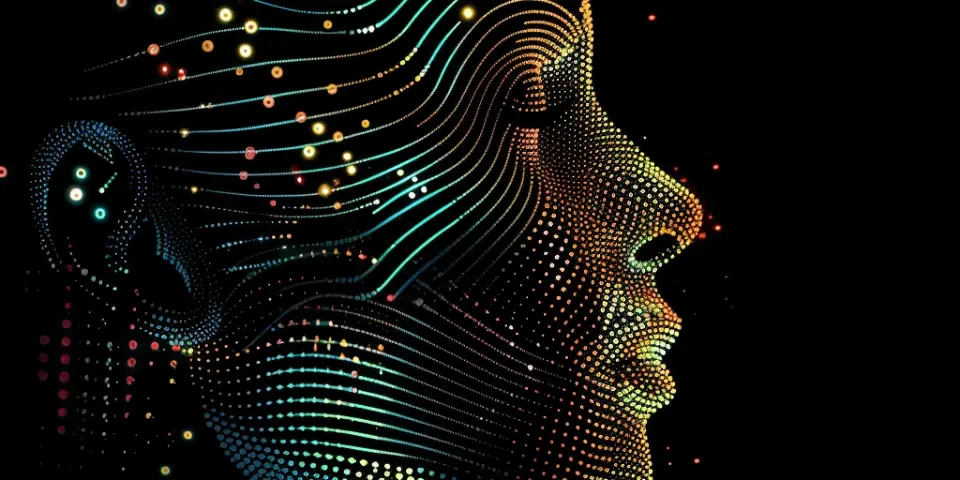The Rise of AI in Healthcare Transforming Medical Diagnosis
In recent years, Artificial Intelligence (AI) has emerged as a powerful tool in transforming various industries, and the field of healthcare is no exception. AI technology has shown great potential in revolutionizing medical diagnosis, leading to improved accuracy, efficiency, and patient care. This article will explore the various aspects of AI's rise in healthcare and its transformative impact on medical diagnosis.
1. Enhanced Image Analysis
AI algorithms have significantly enhanced the analysis of medical images, including radiology scans, X-rays, and MRIs. By leveraging deep learning techniques, AI systems can detect subtle abnormalities or early signs of diseases, enabling early intervention and better treatment outcomes.

For example, Aidoc, a leading AI software, uses deep learning algorithms to analyze medical images and promptly alerts radiologists to critical findings. This reduces the risk of oversight and ensures faster turnaround time for diagnosis and treatment planning.
2. Intelligent Decision Support Systems
AI-powered decision support systems assist healthcare professionals in making accurate diagnoses and treatment plans. These systems utilize machine learning algorithms to analyze patient data, medical history, and relevant research articles to provide evidence-based recommendations.
One such system is IBM Watson for Oncology, which assists oncologists in diagnosing and designing personalized treatment plans for cancer patients. By analyzing vast amounts of medical literature and patient data, Watson offers suggestions, potentially improving patient outcomes and reducing variability in care.
3. Predictive Analytics and Early Disease Detection
AI algorithms can analyze patient data and identify patterns that may indicate the onset of certain diseases. This helps in early detection, enabling healthcare professionals to intervene before the disease progresses.
For instance, Google's DeepMind Health has developed an AI algorithm that predicts the likelihood of acute kidney injury up to 48 hours in advance. This allows medical staff to provide proactive care and prevent potentially life-threatening complications.
4. Streamlining Electronic Health Records
AI has the potential to streamline the management of electronic health records (EHRs), making them more easily accessible and reducing the burden on healthcare providers. Natural Language Processing (NLP) techniques can extract relevant information from clinical documents, eliminating the need for manual data entry.
Scribe Healthcare Technologies offers an AI-powered transcription service that automatically converts dictated medical notes into text, improving efficiency and reducing errors in EHRs.
5. Drug Discovery and Development
AI accelerates the drug discovery and development process by analyzing massive datasets and predicting drug efficacy. Machine learning models can identify potential drug candidates, predict toxicity profiles, and simulate drug responses.
Atomwise is a company that uses AI to analyze molecular structures and match them with potential drugs. By virtually screening millions of compounds, AI expedites the identification of promising drug candidates, saving time and resources in the pharmaceutical industry.
6. Precision Medicine and Personalized Treatment
AI enables personalized treatment plans by analyzing vast amounts of patient data, genetics, and medical literature. This approach, known as precision medicine, tailors treatment strategies to individual needs, maximizing efficacy and minimizing side effects.
Foundation Medicine offers a comprehensive genomic profiling service that utilizes AI algorithms to analyze patients' genomic data and recommend targeted therapies. This personalized approach improves patient outcomes and reduces the trial-and-error process in treatment selection.
7. Remote Monitoring and Telemedicine
AI-powered remote monitoring systems allow patients to receive continuous healthcare monitoring from the comfort of their homes. These systems collect data from wearable devices and use machine learning algorithms to detect abnormalities and alert healthcare professionals.
Companies like BioIntelliSense offer wearable health monitoring systems that track vital signs and send real-time alerts to healthcare providers, facilitating timely interventions and reducing hospital readmissions.
Frequently Asked Questions (FAQs):
Q: Will AI replace healthcare professionals?A: AI is designed to augment healthcare professionals, not replace them. It assists in accurate diagnosis, treatment planning, and decision support, but human expertise and empathy remain crucial for providing comprehensive patient care. Q: How does AI protect patient privacy?
A: AI solutions in healthcare adhere to strict data privacy regulations, such as HIPAA. Patient data is de-identified and encrypted, ensuring confidentiality and compliance with privacy standards. Q: Are there ethical concerns with AI in healthcare?
A: There are ethical considerations, such as bias in algorithms, lack of transparency, and potential job displacement. However, responsible AI development and rigorous regulations can address these concerns and ensure the ethical use of AI in healthcare.
